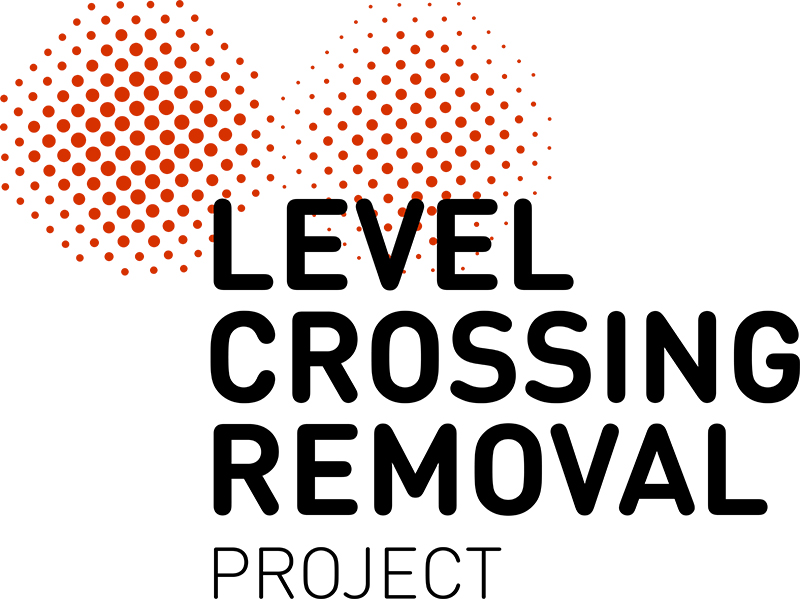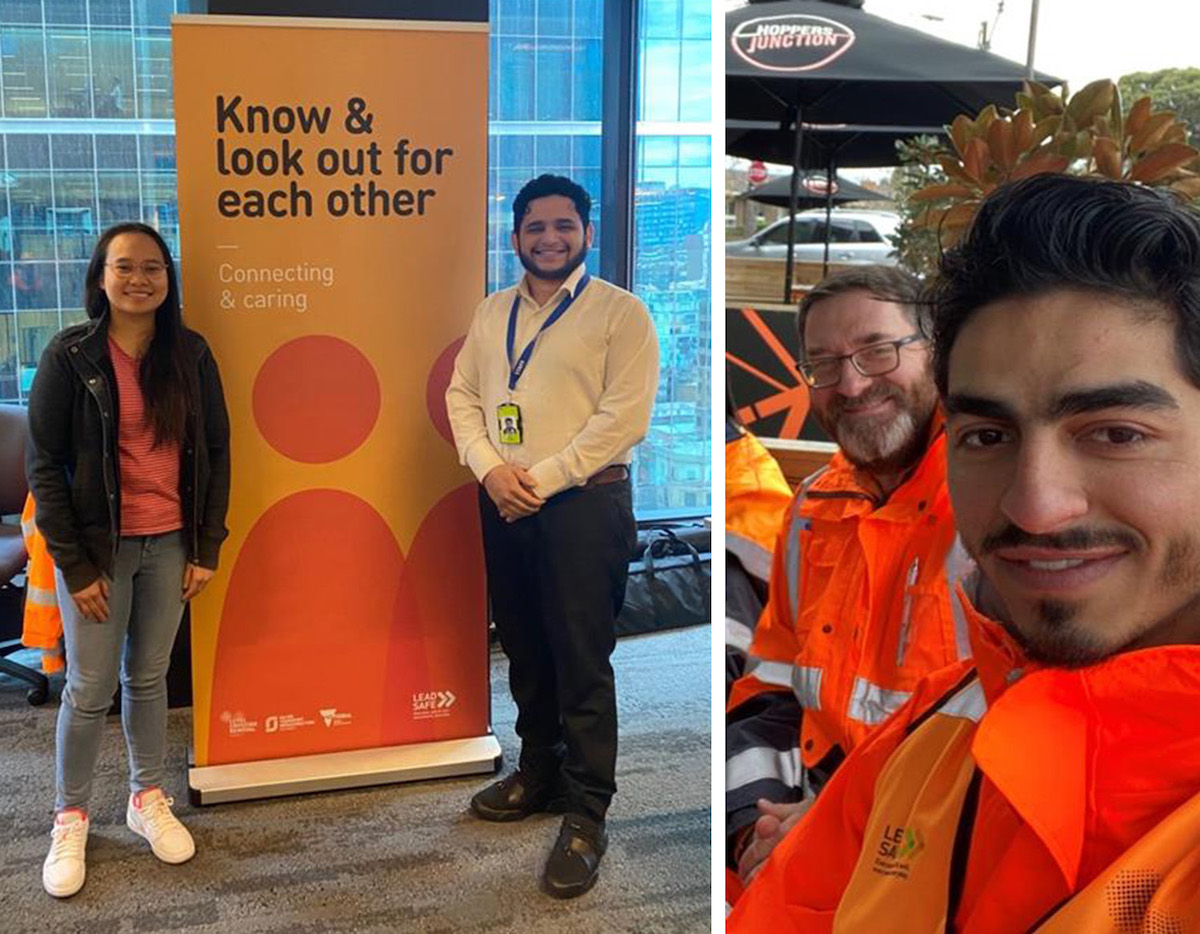
The Engineering Pathway Industry Cadetship (EPIC) is an 18-month program for engineers from a refugee and asylum seeker background working on major transport infrastructure projects.
The industry-first paid cadetship aims to address the barriers faced by new Australians by matching their international qualifications to Australian workforce requirements.
The cadets from EPIC’s 2022 cohort have now secured ongoing employment in transport infrastructure roles across Victoria, including the Level Crossing Removal Project (LXRP).
LXRP cadets Mohamad Torkman and Awfi Al-Awfi, and managers John Dyer and Hazel Balod, were paired together respectively for the program’s 18-month duration.
Awfi said that since migrating to Australia he had moved between NSW and regional Victoria in the pursuit of a permanent job.
'For 2 years I was trying to land my first job in Australia, it was quite a hard journey,' he said.
'The EPIC program is a strategy to prepare someone to be fit for a professional role within the Australian industry. It provides a local qualification and local experience by getting involved in the activities, tasks and teams.'
Hazel said this was the second year her team had managed a cadet in the EPIC program.
'We previously had a cadet who is now a project coordinator, so continuing on that involvement and having EPIC cadets in our team was a no-brainer. We really value the contributions they have made in our team.'
Hazel said cadets often bring with them substantial previous work experience and knowledge from the engineering field, providing support to their teams and allowing others to learn from them.
For Mohamad, his aim was to find job security through a permanent position within LXRP and with this in mind he and John set out a framework that would guide Mohamad in his cadetship.
John said having an end goal helped Mohamad stay on track throughout the program.
'The fundamental reason why Mohamad has been so successful is that right at the beginning we asked, 'what are you aiming for at the end of the program?''
Both Awfi’s and Mohamad’s success was not only due to their dedication, but also the support from their managers and supervisors.
Hazel said she and Awfi had an open line of communication, often speaking about the professional development aspects of work.
'The biggest thing I have learnt from Awfi is being reminded of where people have come from and the certain circumstances that they have had to overcome,' Hazel said.
Awfi said he learnt a lot from Hazel, especially in relation to soft skills and emotional intelligence.
'What I learnt from Hazel is the way I communicate with people, whether it is verbal or writing. Even now, if I am sending an important email, I will send it to Hazel to have a look”'
Mohamad also said John taught him a lot, most importantly critical soft skills.
'John taught me the manners and behaviours and how to act correctly, it is not just about the work. I look at things from the big picture and how to make people feel comfortable,' Mohamad said.
Hazel said the program focuses on soft skills and building relationships for the cadets, who are already equipped with engineering knowledge and skills thanks to their international qualification.
'The theory-based skills and principles, the communication skills, he [Awfi] has all that, we are just giving him the opportunity while developing the leadership, the management, the building relationships, that’s what we try to help them out with,' she said.
EPIC continues to remove barriers to ongoing work on Victoria’s transport infrastructure pipeline for engineers from a refugee or asylum seeker background.
A new EPIC cohort will commence in January 2023 across 11 different employers.
Read more about the EPIC program.